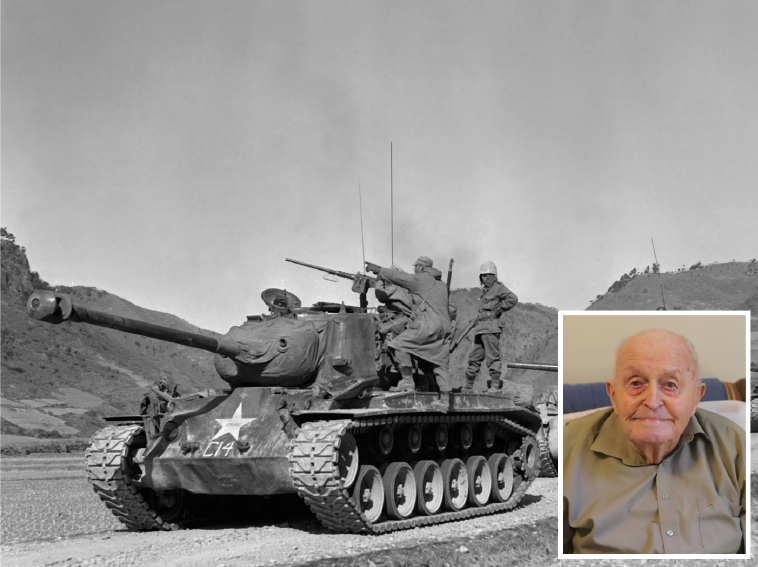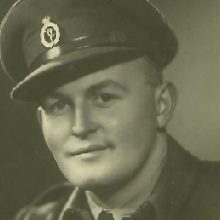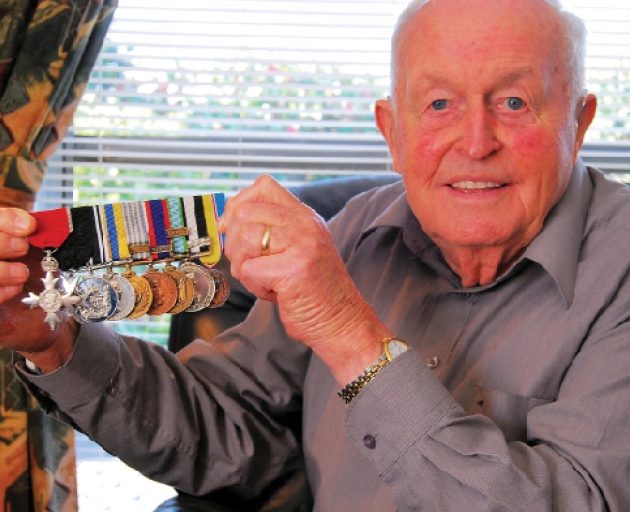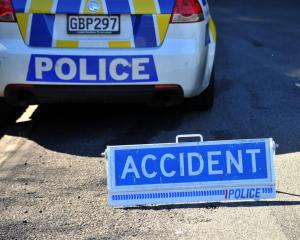

He remembers on the night after the ceasefire had been announced there were flares let off and search lights shone into the sky above the new division between north and south.
“It took effect at 10 o’clock at night. The armistice was read out to us, and then suddenly all the war zone lit up with search lights and rockets and things. It was a very colourful display with all those lights from the flare guns and search lights,” he remembered the day after celebrating his 92nd birthday last week.
There was a feeling of celebration amongst the allies in the south because they had won further ground to the north of Seoul that would form part of the new South Korea, Forbes said.
The bitter conflict began in June 1950, with North Korea supported by China and the Soviet Union. Talks concerning an armistice had started as early as July 10, 1951, but the frontline remained a dangerous place. Forbes said it was really a matter of luck as to whether he and other fellow servicemen survived.
It was June 1953 and Forbes had not long been flown into Gimpo Airport, near Seoul. He had joined the Signals C or ‘Charlie Troop’ to help service the telephone lines that were used by 1st Commonwealth division troops including in the ‘Battle of the Hook’.

On one frontline occasion, a shell exploded about 40 yards (36.5 metres) away. But it could have easily been much, much closer.
“I thought, good heavens, I could have been there (under the shell). I came to the conclusion: surviving war is a matter of luck,” he said.
Because he had arrived towards the end of physical warfare, Forbes spent much of his 18 months of service during the period of ceasefire. There were moments of tension, but also the chance for rest and relaxation. While the
Americans would fly the Kiwi contingent to Tokyo, Forbes would sometimes push on to other destinations including the post-atomic bomb Hiroshima.
Later it was quite a trip home from his period of service. He’d sailed from Pusan to Brisbane, where he and other troops marched and were cheered by the crowds, on to Kingsford Smith Airport, Sydney, and New Zealand. On his arrival back in Christchurch his mum was there. He was also greeted by Government representatives at the King Edward Barracks in the city.
He is matter of fact when relating how his mother coped with men going to war. Forbes’ maternal grandfather, Thomas Phillips Lloyd, had fought in the Second Anglo-Afghan War of 1878-1880. Forbes’ father was one of the 20 survivors within a 100-strong company caught at Passchendaele in World War 1.
Forbes is very proud of his siblings. One older brother Lloyd served in “Sunderland flying boats” safeguarding convoys in World War 2, but then died at 23, after his return to New Zealand, in a motorcycle accident near Ashburton.
His other brother Ross was involved Nasa’s space programme. He was the first geochemist to get his hands on the samples of moon rock, picked up by Neil Armstrong and Buzz Aldrin, and brought back to Earth by Apollo 11.

In April 2018, North Korea and South Korea agreed to talks to end the ongoing 65-year conflict.













